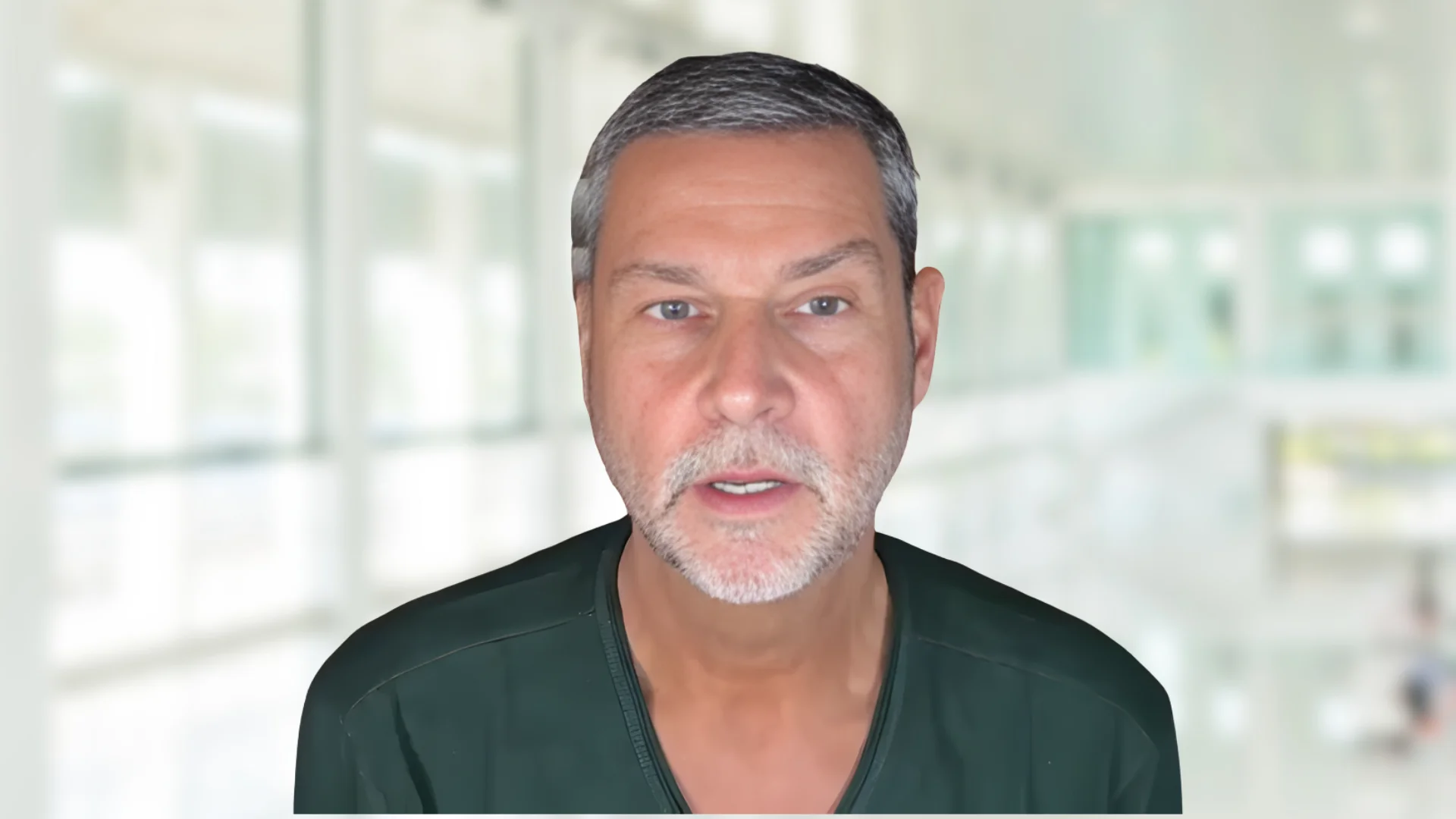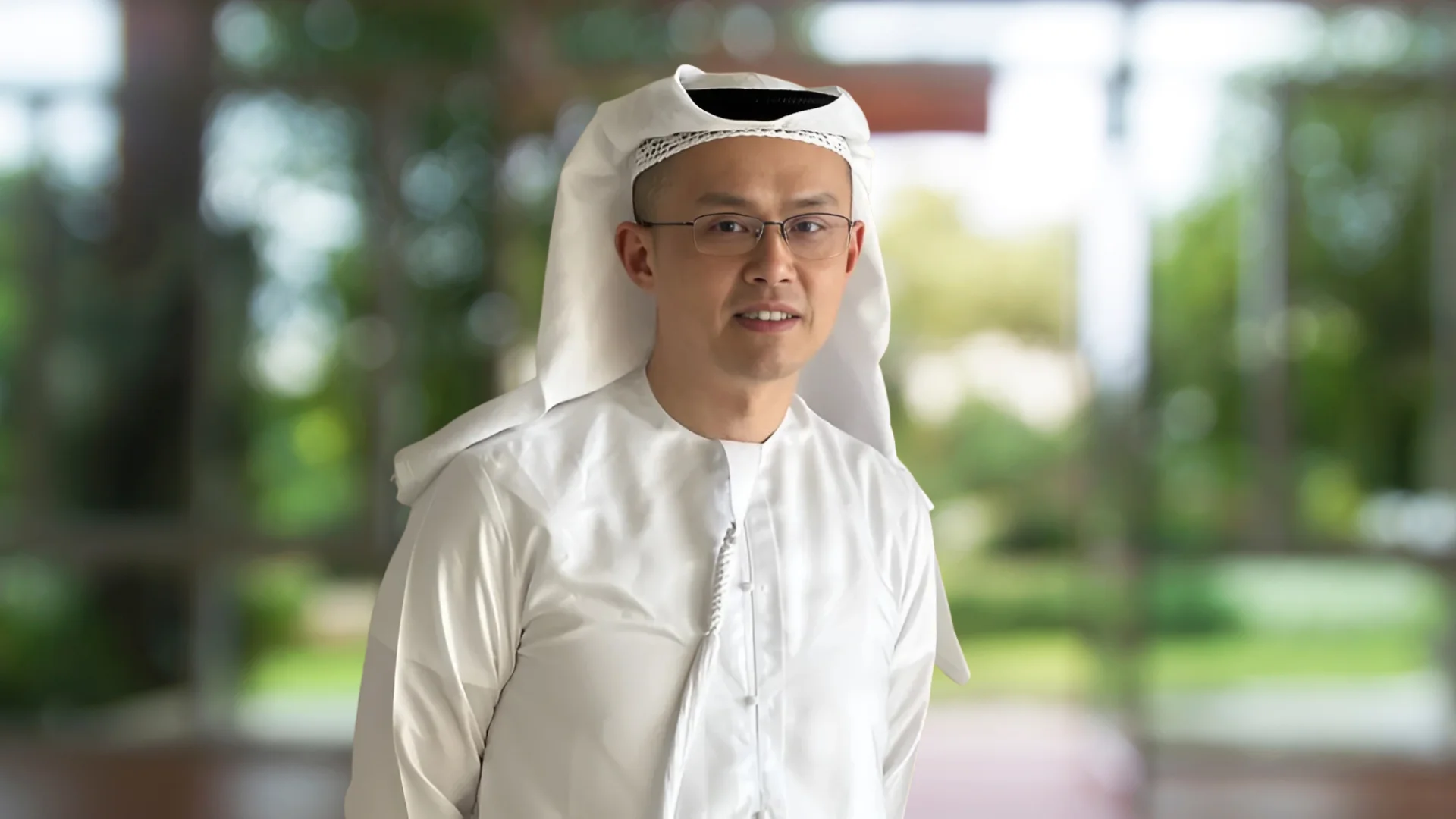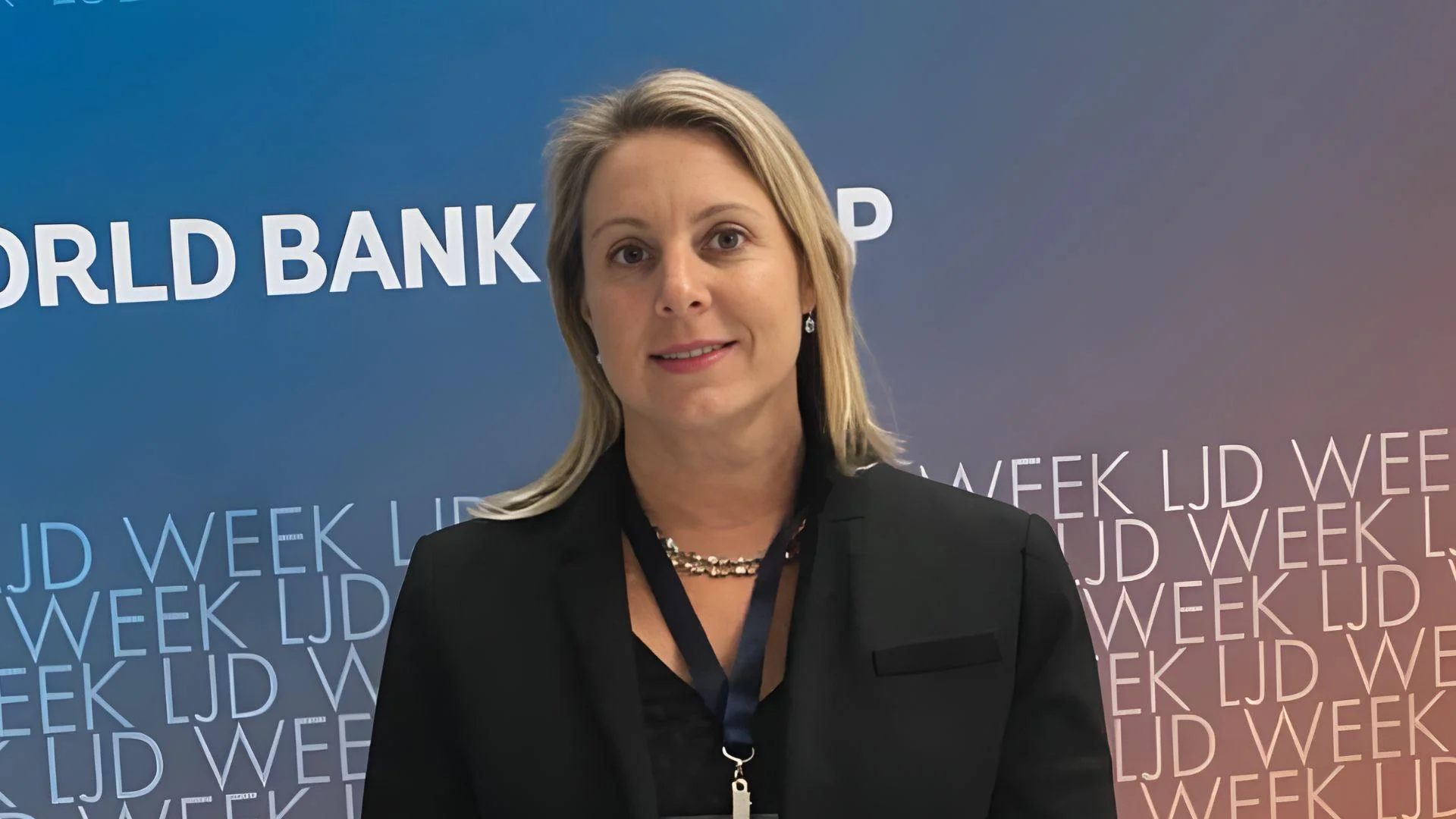Simon Dixon, a cryptocurrency investor and influencer, said that over the past 16 years, more than 20,000 attempts have failed to disrupt Bitcoin with a "cheaper," "faster," or "better" alternative. Dixon made this assertion in a February 4 post on X.
"In 16 years, there have been over 20,000 attempts to disrupt Bitcoin yet no cheaper, faster, or 'better' technology has ever succeeded," said Dixon, crypto investor and influencer.
Dixon was responding to an X user who argued that nothing in technology is impossible to replicate, including Bitcoin. In his reply, he compared Bitcoin to the Internet, saying that while one could recreate the Internet, disrupting its network effect is nearly impossible unless one can "disrupt the entire concept."

Simon Dixon's post
| X
 Alerts Sign-up
Alerts Sign-up










